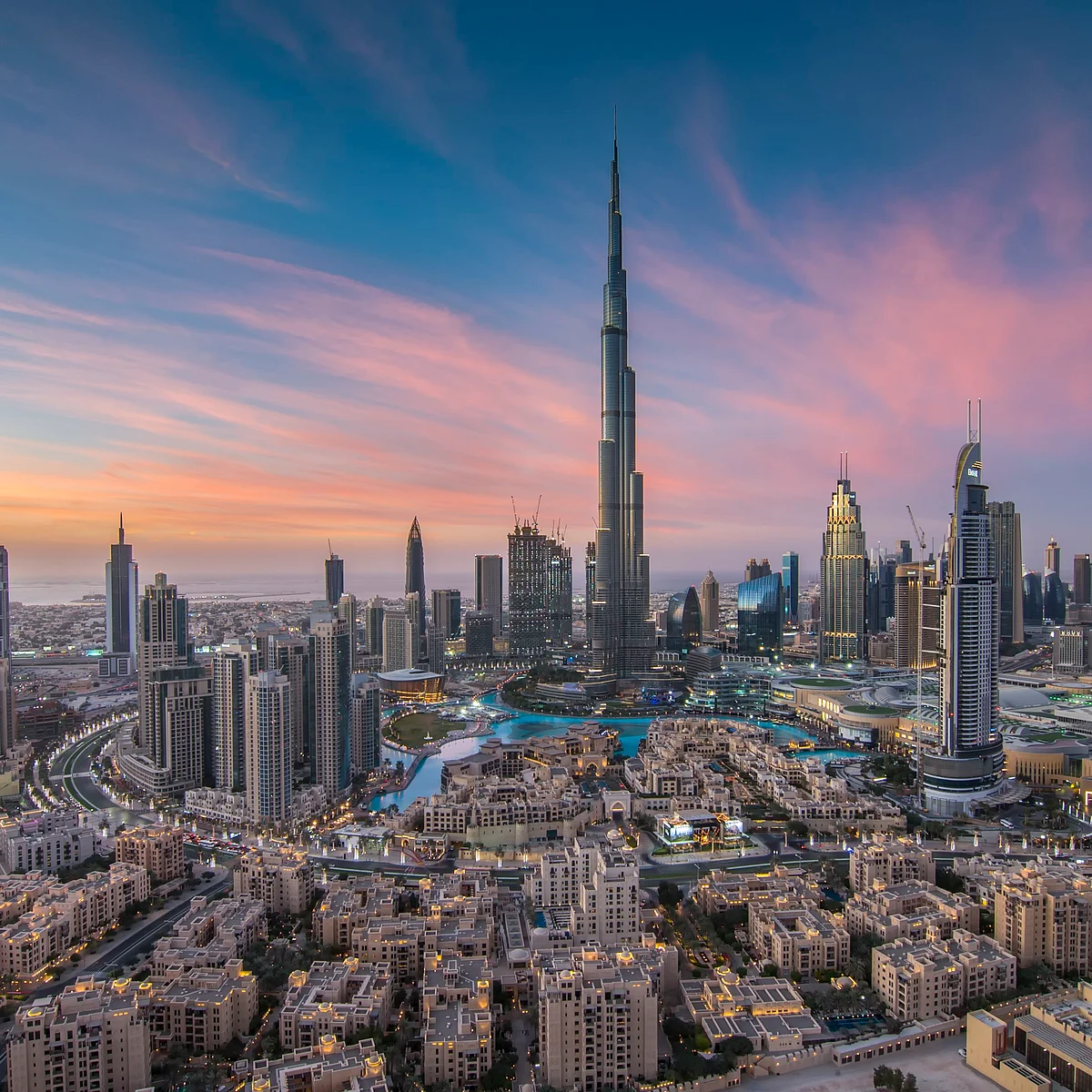
Dubai's Land Market Skyrockets 403% As Strategic Planning Redefines Urban Growth
Dubai's real estate sector is rewriting the rulebook for urban development, with land transaction values skyrocketing by 403.6 per cent between 2019 and 2024, according to JLL's latest report, *Beyond the Skyline: Dubai's Land Market Transformation Story*. The surge underscores the emirate's success in combining demographic expansion, infrastructure investment, and regulatory innovation into a cohesive growth model.
From Dh13.7 billion in 2019, land transaction values climbed to Dh68.8 billion in 2024, while volumes nearly tripled from 691 to 1,991 deals, marking a 188.1 per cent increase. The momentum continued into 2025, with Dh43 billion worth of transactions in the first half alone, a 42.9 per cent year-on-year rise.
Recommended For YouFreehold areas have emerged as the star performers, posting a staggering 495.8 per cent growth in transaction volumes, compared to 240.7 per cent in non-freehold zones. This trend reflects investor preference for unrestricted ownership rights and validates Dubai's strategic expansion of freehold zones, including recent conversions along Sheikh Zayed Road and Al Jaddaf.
“Dubai's real estate transformation has global implications for markets seeking international investment,” said Tim Millard, Head of Value and Risk Advisory – Mena at JLL.“Strong demographic momentum, infrastructure-led value creation, and regulatory evolution position Dubai as a blueprint for sustainable urban development.”
Dubai's population has surged from 2.3 million in 2014 to over 4 million in 2025, with projections hitting 5.8 million by 2040. This demographic pressure has been turned into an advantage through strategic urban planning. Large-scale projects such as Dubai South and communities along Dubai-Al Ain Road have activated peripheral zones, while prime districts like Business Bay, Downtown Dubai, and Dubai Marina continue to command premium valuations.
Infrastructure spending remains a cornerstone of Dubai's growth. In 2025, the emirate allocated Dh39 billion ($10.6 billion) - nearly 46 per cent of its annual budget - to infrastructure and construction. Key allocations include $2.6 billion for roads, $2.4 billion for utilities, and $1.8 billion for transit and mobility. This commitment has spurred private sector confidence, with non-institutional developers now accounting for 42.3 per cent of the residential pipeline for 2026–2030.
Dubai's regulatory innovations - such as mandatory escrow accounts, blockchain-enabled property transactions, and Transit-Oriented Development rezoning - have enhanced transparency and investor confidence. The 2025 freehold conversion of 457 plots along Sheikh Zayed Road and in Al Jaddaf has already triggered significant value appreciation, attracting high-profile waterfront and mixed-use developments.
Market performance and hotspots
Residential prices have soared, with apartments up 63.5 per cent and villas up 116.3 per cent since 2019, supported by a 518.5 per cent rise in transaction activity. Commercial real estate is equally buoyant: Prime office rents jumped 76.8 per cent, while Grade A rents rose 69.9 per cent, with vacancy rates at historic lows of 0.0 per cent and 4.6 per cent.
Mixed-use developments dominate investor interest, accounting for 27.6 per cent of total land transaction value (Dh70.3 billion). Geographically, Business Bay (Dh11.6 billion) and Dubai Islands (Dh11.4 billion) lead the pack, while emerging corridors like Reem and Dubai South show growing traction. Premium pricing is evident in Dubai Marina (Dh1,092 per sq. ft.) and Business Bay (Dh687 per sq. ft.), while up-and-coming areas such as Arjan and Dubai Creek Harbour have seen land values surge by 379.6 per cent and 81.4 per cent respectively since 2019.
Dubai's real estate boom is not cyclical but the result of deliberate, forward-looking strategies JLL analysts say. For global investors and developers, the emirate offers both immediate opportunities and long-term lessons in value creation through integrated urban planning.

Legal Disclaimer:
MENAFN provides the
information “as is” without warranty of any kind. We do not accept
any responsibility or liability for the accuracy, content, images,
videos, licenses, completeness, legality, or reliability of the information
contained in this article. If you have any complaints or copyright
issues related to this article, kindly contact the provider above.


















Comments
No comment